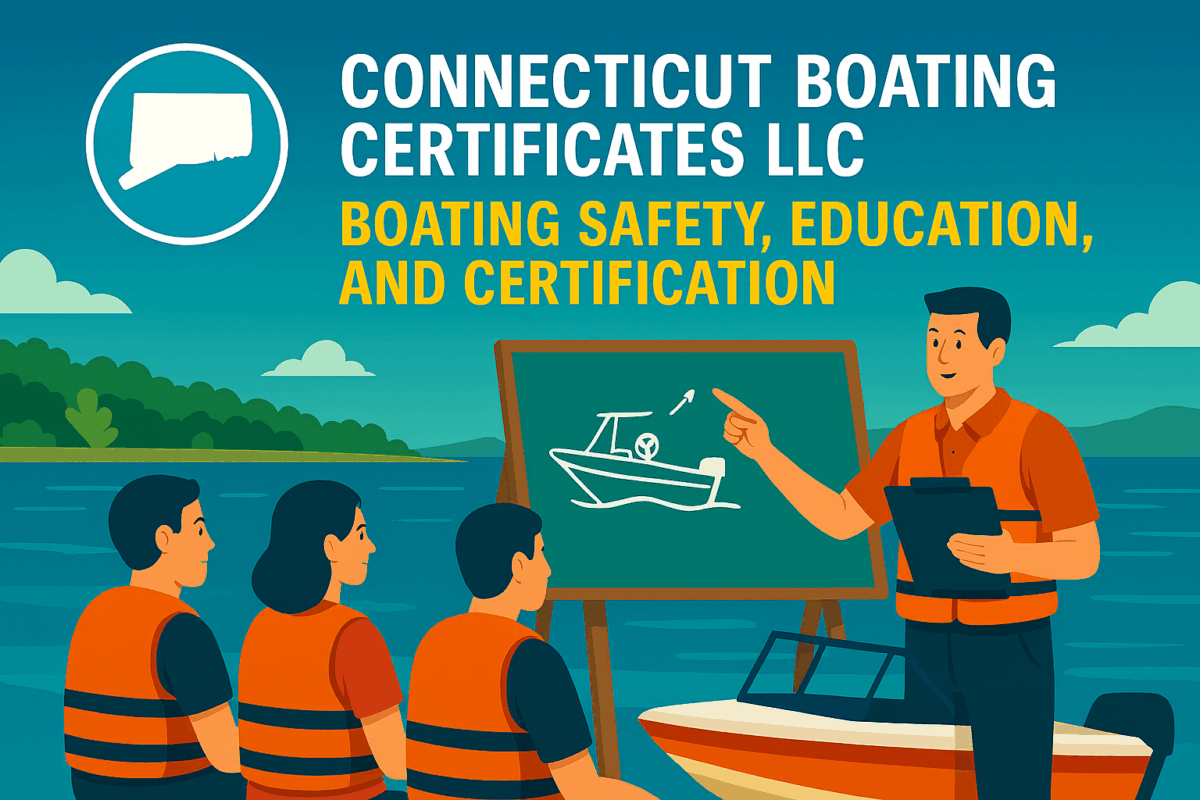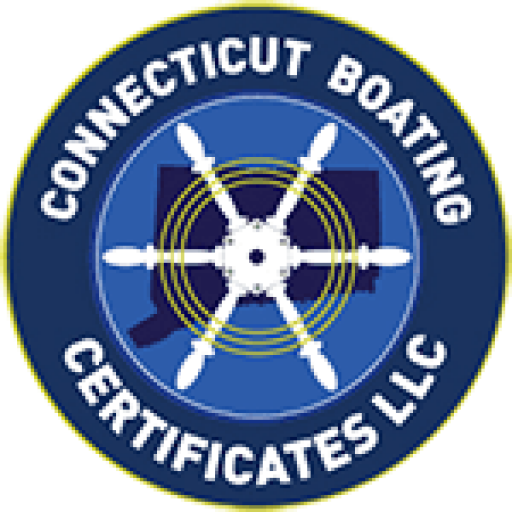Call: 1-800-832-7191

Boats GPH Gas and Diesel
Comparing Boats GPH Gas and Diesel Efficiency
Boats GPH Gas and Diesel comparisons help boaters understand fuel consumption and performance across different engine types. GPH, or gallons per hour, measures how much fuel a boat burns at specific speeds. Because fuel costs and range matter, knowing your boat’s GPH helps plan trips and manage expenses.
Gasoline and diesel engines offer distinct advantages depending on boat size, usage, and cruising habits. Therefore, understanding their differences is essential before choosing a power option.
Fuel Efficiency and Performance Differences
Diesel engines typically burn less fuel per hour than gasoline engines. For example, a 320-hp diesel may consume 18.8 GPH, while a similar gas engine burns 21.2 GPH. Because diesel fuel contains more energy per gallon, diesel engines deliver better mileage and torque.
However, gasoline engines often cost less upfront and weigh less. Smaller boats under 30 feet usually run on gas due to affordability and simplicity. Diesel engines dominate larger vessels where torque and long-range efficiency matter most. Speaking of costs, visit the government auction site regarding both gas- and diesel-powered crafts.
Sea trials reveal that diesel engines plane faster and feel more responsive under load.
Maintenance and Longevity Considerations
When comparing Boats GPH Gas and Diesel, maintenance and lifespan also play key roles. Diesel engines generally last longer—often 5,000 to 8,000 hours—compared to 1,500 hours for gasoline engines. Because diesel engines operate under higher pressure, they require robust components and regular care.
Modern gas engines now feature electronic controls, reducing maintenance gaps between the two types. Both require oil changes, filter replacements, and cooling system upkeep. However, diesel engines may need fuel additives to prevent microbial growth and maintain lubricity.
Over time, diesel engines offer better durability, especially for frequent or long-distance boaters.
Real-World Boats GPH Gas and Diesel examples and Use Cases
Small diesel-powered boats like the Ranger R-25SC cruise at 16 mph while burning just 3 to 4 GPH, achieving 4.6 mpg. Meanwhile, panga-style gas boats like the Mojito 18 reach 6.5 mpg at 29 mph with a 90-hp Suzuki. Because hull design and load affect GPH, boaters should test performance under typical conditions.
Boaters who prioritize speed may lean toward gas engines. Those seeking range and reliability often prefer diesel. Comparing GPH across models helps determine the best fit for your boating lifestyle.
